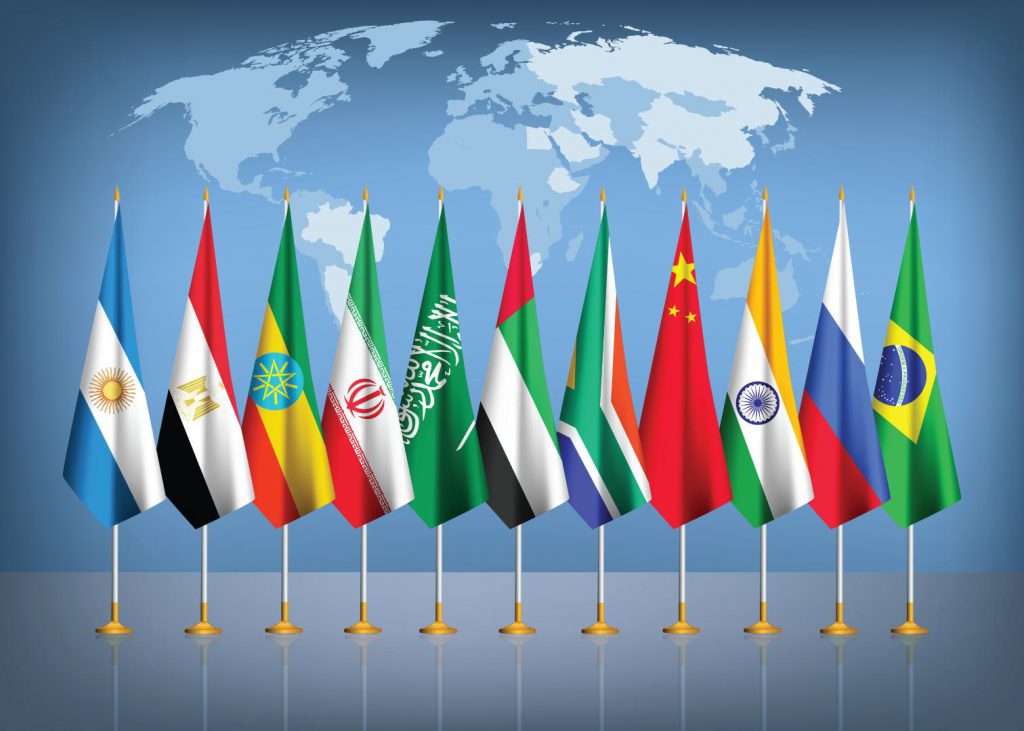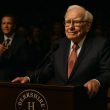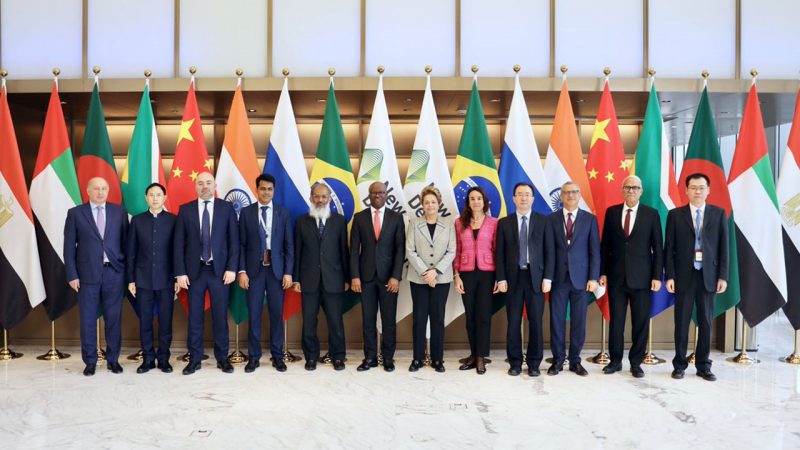Saudi Arabia joined BRICS on Wednesday and is now officially a part of the emerging economies’ grouping. The Kingdom of Saudi Arabia’s induction into BRICS has caused developing countries to express their interest in joining the alliance. BRICS is attracting developing countries to flock towards the alliance as a handful of nations look to cut ties with the US dollar. The mounting U.S. dollar debt and the White House’s sanctions against emerging economies are what led them to consider joining BRICS.
Also Read: BRICS Control 47% of Global Oil, U.S. Owns Just 2.1%
If the BRICS alliance convinces the majority of developing countries to settle trade in local currencies, the US dollar will be the hardest hit currency. Read here to know how many sectors in the US will be affected if BRICS ditches the dollar for trade.
BRICS: 34 Countries Ready To Join Alliance After Saudi Arabia’s Induction


A total of 34 countries have now expressed their interest to join the BRICS alliance as of February 1, 2024, according to CNN. South Africa’s Foreign Minister Naledi Pandor confirmed in a recent press conference that 34 countries are looking to enter BRICS. However, Pandor did not specify the names of the 34 countries in the joint press conference.
Also Read: BRICS: Russia Settles 85% Trade in Local Currency, Sidelines US Dollar
The interest in joining BRICS alliance is growing from developing nations as they want to stay ahead of the changing financial dynamics. BRICS is initiating a global shift removing the spotlight from the US dollar to keeping the focus on local currencies. The paradigm shift could uproot the US dollar’s global hegemony and challenge the traditional financial order controlled by the West.
Also Read: BRICS: China Pushes Yuan in Africa, Reduces US Dollar Debt Repayment
The BRICS bloc aims to replace it with a new world order and operate a ‘multipolar world’ without the US dollar. Therefore, the coming years will decide the fate of the US dollar where developing countries are putting local currencies first. The next decade could be different where the US dollar will have to fight to protect its global reserve status.





